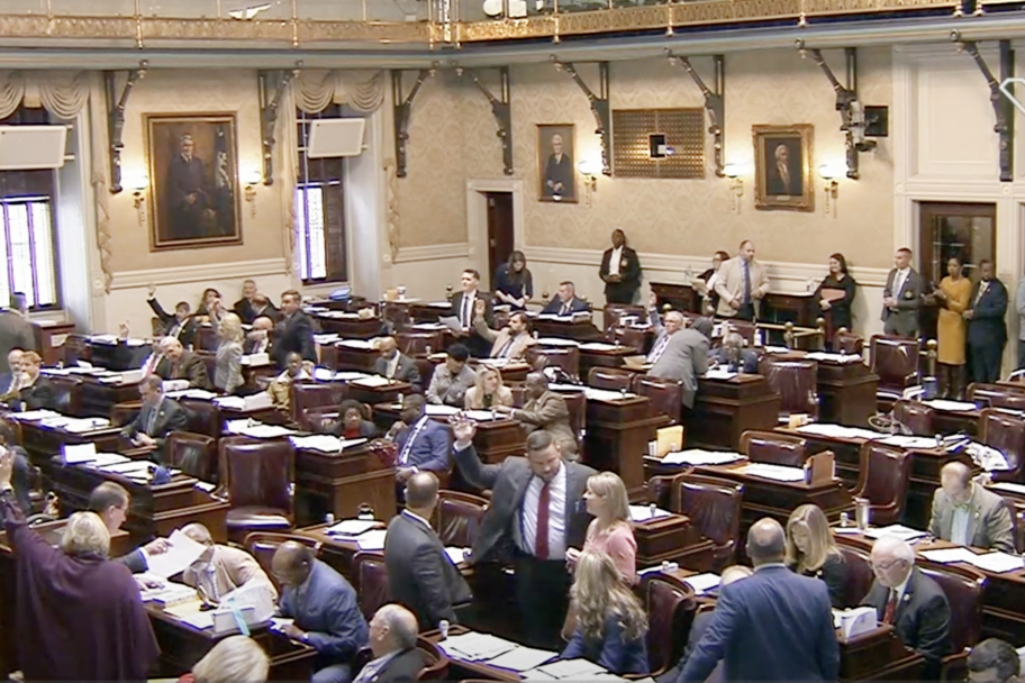
SAN FRANCISCO (BP) — Consensual adult content including nudity and sex is now OK on X, formalizing an unstated practice allowed when the platform was called Twitter.
Pornographic images and acts may be shared whether they depict actual humans, cartoons, anime or hentai — a sexualized form of anime — or are photographic or generated by artificial intelligence, X said in announcing the policy in May.
“We believe in the autonomy of adults to engage with and create content that reflects their own beliefs, desires, and experiences, including those related to sexuality,” X said in the policy update. “We balance this freedom by restricting exposure to Adult Content for children or adult users who choose not to see it. We also prohibit content promoting exploitation, nonconsent, objectification, sexualization or harm to minors, and obscene behaviors. We also do not allow sharing Adult Content in highly visible places such as profile photos or banners.”
Southern Baptist ethicist Jason Thacker called the policy “extremely disturbing and dangerous for all involved — especially minors and women,” but said it simply formalizes a longstanding policy at Twitter/X regarding pornography.
“This policy change is no surprise to those working on these issues, especially in light of the false connections drawn between free speech and pornography in contemporary law and society,” Thacker, senior fellow and director of the research institute at the Ethics & Religious Liberty Commission (ERLC), told Baptist Press.
“Regardless of the promised protections or restrictions put in place, this will inevitably expand the accessibility and prevalence of this deeply dehumanizing content that is inherently exploitative of all involved and corrosive to society at large,” said Thacker, also an assistant professor of philosophy and ethics at Boyce College and Southern Baptist Theological Seminary.
The formal change comes as X’s usage has dropped 30% since 2023, with 19% of the U.S. population using the platform in 2024, a decrease from the 27% who used the platform in 2023 and 2022, Edison Research reported in March. The numbers refer to active users, not those who simply hold accounts that are mostly dormant.
Hershael York, dean of the Southern Baptist Theological Seminary School of Theology, tweeted plans June 4 to end his account.
“Does a spring pour forth from the same opening both fresh and salt water?” he wrote, quoting James 3:11. “Friends, I cannot in good conscience remain on X any longer. I’ve tried to use it redemptively, but now this is too much. I’ll remove my account by the end of the day.”
The social media platform established a reputation as a pornography hub before Elon Musk acquired it, with the National Center on Sexual Exploitation (NCOSE) naming the site for several years to the NCOSE Dirty Dozen list of the top mainstream contributors to sexual exploitation.
“Twitter has been an online pornography outlet, strip club and sex shop all rolled into one,” NCOSE blogged in 2017, “and this seedy XXX material is available to children and adults. This social media site hosts a slew of accounts that are essentially ads for pornography performers and studios, as well as prostitution.”
NCOSE last named Twitter to the Dirty Dozen list in 2023.
Adults over age 18 may opt out of viewing adult content, X said, and users may report unmarked content or other violations.
X defines adult content as “any consensually produced and distributed material depicting adult nudity or sexual behavior that is pornographic or intended to cause sexual arousal,” including full or partial nudity with close-ups of targeted body parts and explicit or implied sexual behavior or simulated acts.
Among its stipulations for posting such content, X said “we ask that you please adjust your media settings,” to place images and videos behind a content warning that must be acknowledged before viewing the media.” For those who “continue to fail” marking their posts, X will make the adjustments itself, the policy states.
X will block content from users under age 18 and accounts without the user’s date of birth and will maintain other rules related to age restrictions.
(EDITOR’S NOTE — Diana Chandler is Baptist Press’ senior writer.)


